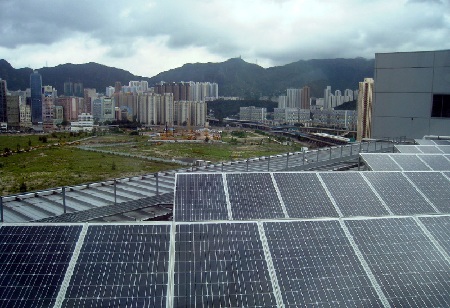Brookfield is looking to multiply its current 4 GW renewable portfolio three to four times in India within the next decade as well as help corporates make the transition to decarbonise and invest in building large-scale supply chains in the country, said a top executive. Brookfield currently has about $1 billion of renewable assets under management in India that are fully operational.
Earlier this year, Brookfield Asset Management announced that it raised a record $15 billion for its inaugural Global Transition Fund. This marks the world's largest private fund dedicated to net zero transition, signalling that investors are still committed to establishing cleaner portfolios. Brookfield is the single largest sponsor of the fund having deployed $2 billion itself. "For over four decades, we have been large owners, developers, builders of renewable energy assets. It was predicated on buying operating assets," said
Connor Teskey, managing partner and CEO-Renewable Power & Transition at Brookfield. "Now we are focusing also on greenfield and leverage our knowledge and operating teams along with differentiated capital to become a solutions provider. Teskey said governments and corporations around the world are under pressure to decarbonize either due to stakeholder, economic or regulatory pressure or penalties in some markets. "And there are some great businesses out there, great counterparties out there that need either an operating partner or a capital provider to help them reach those goals. And we are increasingly being reached out to be that counterparty, having a pool of capital to support those initiatives," he said.
Some blame the trend towards ESG investing for high energy inflation. At a time when commodity prices for clean tech are inching up in tandem with interest rates, coal or fossil fuel options are once again dominating the narrative in the backdrop of an energy crisis fuelled by the Ukraine war. Critics say the focus on clean energy has curbed investment in fossil fuels, which may have otherwise helped boost supply.
Calling them short-term reactions, Teskey said during an exclusive interaction that renewable energy is the cheapest source of bulk electricity in most markets. "The global trend towards decarbonisation far outweighs any government or central bank actions."
"It's a marathon, not a sprint. So one needs to pick up the spots and build scale," added Nawal Saini, managing director, Renewable Power & Transition. Brookfield deals with state utilities but sees incremental green power demand coming from corporates who are increasingly becoming bulk consumers.
